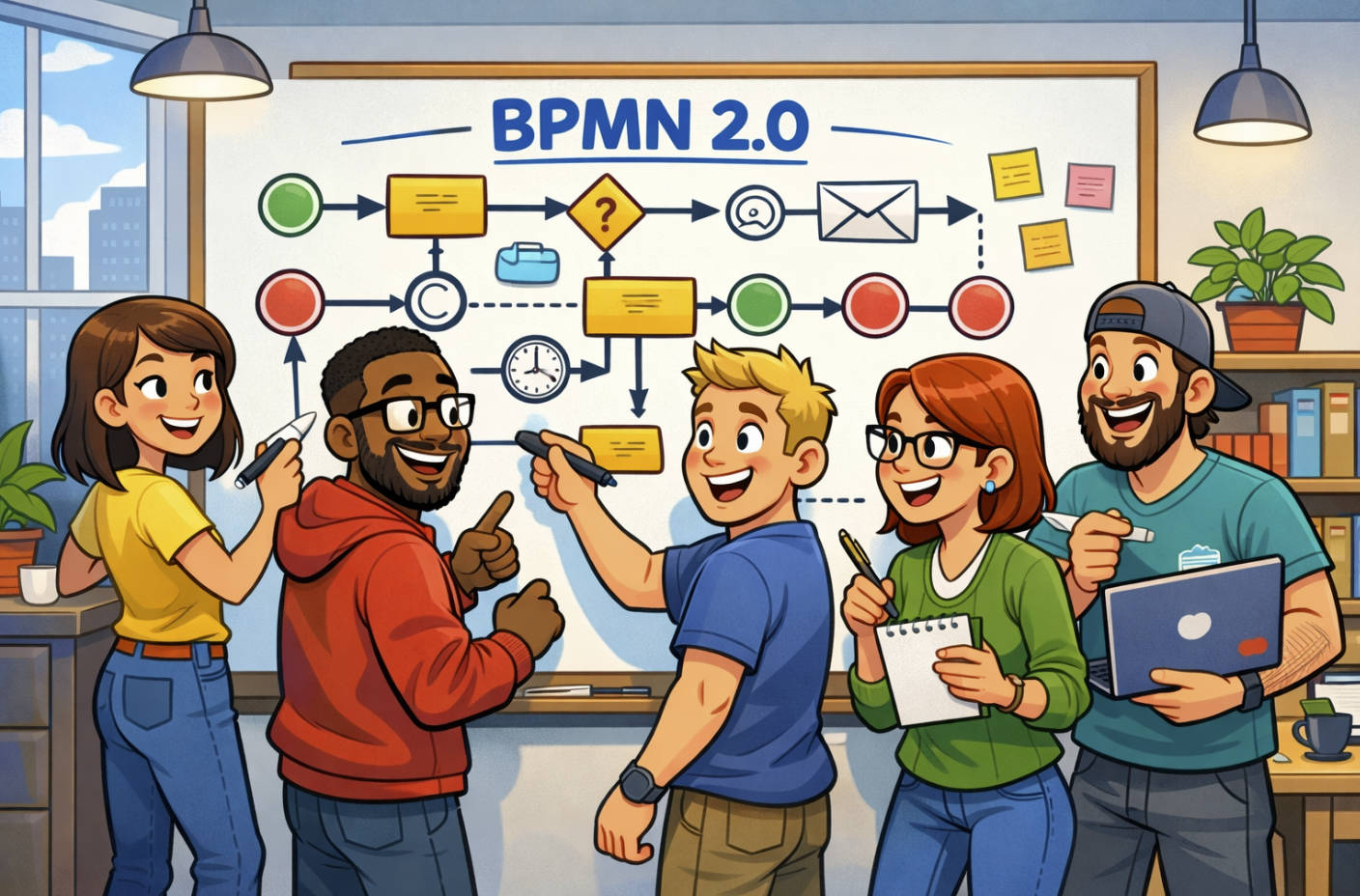Imagine this:
Your most experienced employee—the one who knows all the ins and outs of your operations—leaves.
No notice. No handover.
Just gone.
Maybe they won the lotto. 💸
Maybe they found a better opportunity.
Or maybe life just happened.
What would happen to your business?
⚡ Operations stall.
⏳ Projects slow down.
💰 Training costs soar as you scramble to fill the gap.
Without a clear plan in place, the knowledge that kept your business running smoothly disappears with them.
💡 Why Knowledge Loss Is a Major Business Risk
In many businesses, critical knowledge is trapped inside the heads of key employees.
They know:
🔑 How processes flow
🛠️ How work gets done daily
🔄 How roles function within the broader team
But what happens when those employees leave?
The knowledge leaves too.
The result?
❌ Missed deadlines
❌ Costly mistakes
❌ Frantic retraining
❌ Slowed growth
This isn’t just an operational hiccup—it’s a serious business risk.
📚 SOPs: The Backbone of Your Business
This is where Standard Operating Procedures (SOPs) and work instructions come in.
They’re not just documents gathering dust in a folder.
They are the backbone of your business—capturing knowledge that keeps operations running.
With SOPs in place:
✅ New hires step in and get to work faster.
✅ Teams stay aligned even when staff turnover happens.
✅ Processes run smoothly without constant supervision.
In short, SOPs ensure business continuity.
🚀 What SOPs and Work Instructions Capture
📌 How Roles Function:
What are the responsibilities of each role? Who does what? SOPs lay it all out clearly.
📌 How Processes Flow:
From onboarding a client to completing a sale, SOPs show how each process connects.
📌 How Work Gets Done:
Detailed, step-by-step instructions so tasks are completed accurately—every time.
⏳ The Real Cost of Not Documenting Processes
Let’s talk about the costs when you don’t have SOPs.
1️⃣ Delayed Onboarding:
New hires take longer to get up to speed. Without clear instructions, they’re left guessing.
2️⃣ Operational Breakdowns:
Processes become inconsistent. Errors creep in. Customers get frustrated.
3️⃣ Increased Training Costs:
Managers spend hours retraining staff instead of focusing on growth.
4️⃣ Reduced Business Value:
Thinking of selling your business?
Buyers aren’t just purchasing products or services. They’re buying a repeatable system that works.
Without clear documentation, buyers will:
💰 Pay less for your business
❌ Or walk away entirely
🏃 What Happens When Key Knowledge Walks Out the Door?
💡 “We didn’t realise the risk until two top staff left and took everything with them.”
I hear this story all the time.
Businesses scramble to capture knowledge after losing key employees—but by then, it’s too late.
When knowledge lives only in people’s heads, you’re always one resignation away from chaos.
🏗️ Why SOPs Are Essential for Scaling Your Business
Want to grow your business?
You can’t scale without repeatable processes.
SOPs allow you to:
✅ Replicate success across teams
✅ Standardise best practices
✅ Expand without operational breakdowns
Without SOPs, growth creates chaos.
With SOPs, growth is structured and sustainable.
💡 Thinking of Selling Your Business? Document Everything
Potential buyers look for businesses that can run without the founder.
If your operations depend on a few key people (or worse—just you), your business value drops.
With documented processes:
✅ You prove your business runs like a well-oiled machine.
✅ Buyers see a system, not just a product.
✅ Your business is worth more—because it can run without you.
⚡ SOPs Reduce Training Costs and Speed Up Onboarding
Training new staff is expensive.
But SOPs reduce onboarding time significantly.
📚 New employees follow clear, step-by-step instructions.
⏱️ Teams spend less time answering repetitive questions.
⚡ Productivity ramps up faster.
And when someone leaves?
Your business doesn’t slow down.
🛡️ SOPs Protect Your Business from Crisis
Think about the worst-case scenario.
What if tomorrow, your top performer left with no warning?
Would your business grind to a halt?
Would you know how to keep operations running?
With SOPs, the answer is always no.
Because the knowledge stays—even when the person leaves.
🎯 What Makes a Good SOP?
A great SOP should be:
✅ Clear: Easy to read and follow
✅ Concise: No unnecessary jargon
✅ Step-by-Step: Detailed processes broken into logical steps
✅ Accessible: Stored in a place everyone can access
✅ Updated: Reviewed regularly to stay relevant
💬 Common Mistakes Businesses Make with SOPs
1️⃣ Thinking SOPs Are Optional
They’re not. They’re essential.
2️⃣ Overcomplicating the Document
SOPs should be simple and easy to follow.
3️⃣ Not Updating Them
Processes change. Your SOPs should too.
4️⃣ Storing SOPs Where No One Can Find Them
If they’re not accessible, they won’t be used.
🏃 Don’t Wait for a Crisis
💡 I’ve seen it far too often.
Businesses come to me in a panic:
🚨 “Our key person’s leaving—we need to capture everything, fast.”
🚨 “We’re rolling out a new process, but no one knows how it fits.”
🚨 “Two top staff left and took everything with them.”
Don’t wait for the crisis.
SOPs and work instructions aren’t just nice to have—they’re essential.
📞 How Aliso Digital Can Help
At Aliso Digital, we specialise in capturing business knowledge and turning it into clear, actionable SOPs and work instructions.
We help you:
✅ Document critical processes
✅ Reduce operational risks
✅ Prepare your business for growth—or sale
👉 Visit Aliso Digital to protect your business today.






